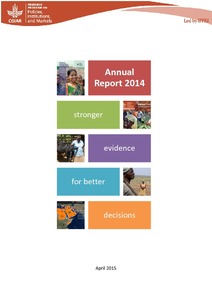RESOLVING LAND DISPUTES IN POST-CONFLICT NORTHERN UGANDA
Post-conflict northern Uganda has witnessed an increase in disputes over land. This has, to a great extent, been as a result of the armed conflict and its aftermath. Beyond that, other chaotic factors embedded in various social, legal, economic, and political aspects of this society have influenced the nature, gravity, and dynamics of these disputes and the way in which Traditional Institutions and the Local Council Courts have attempted to resolve them.




